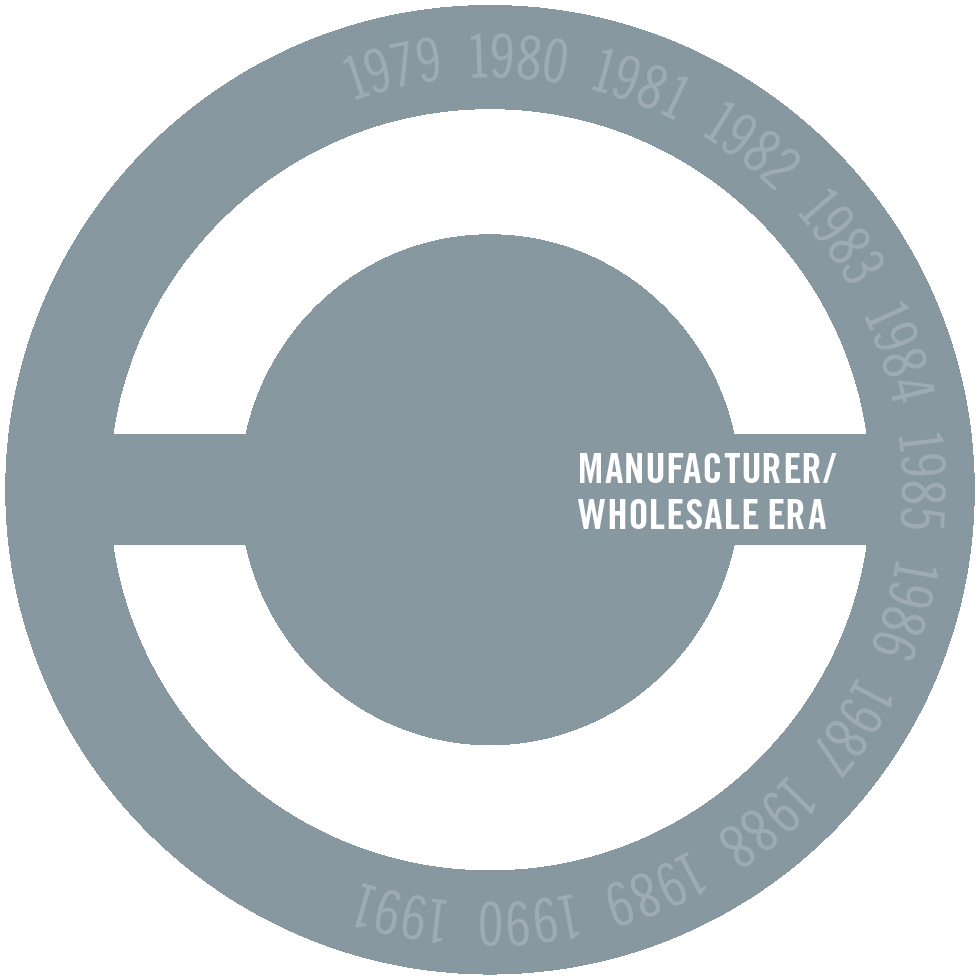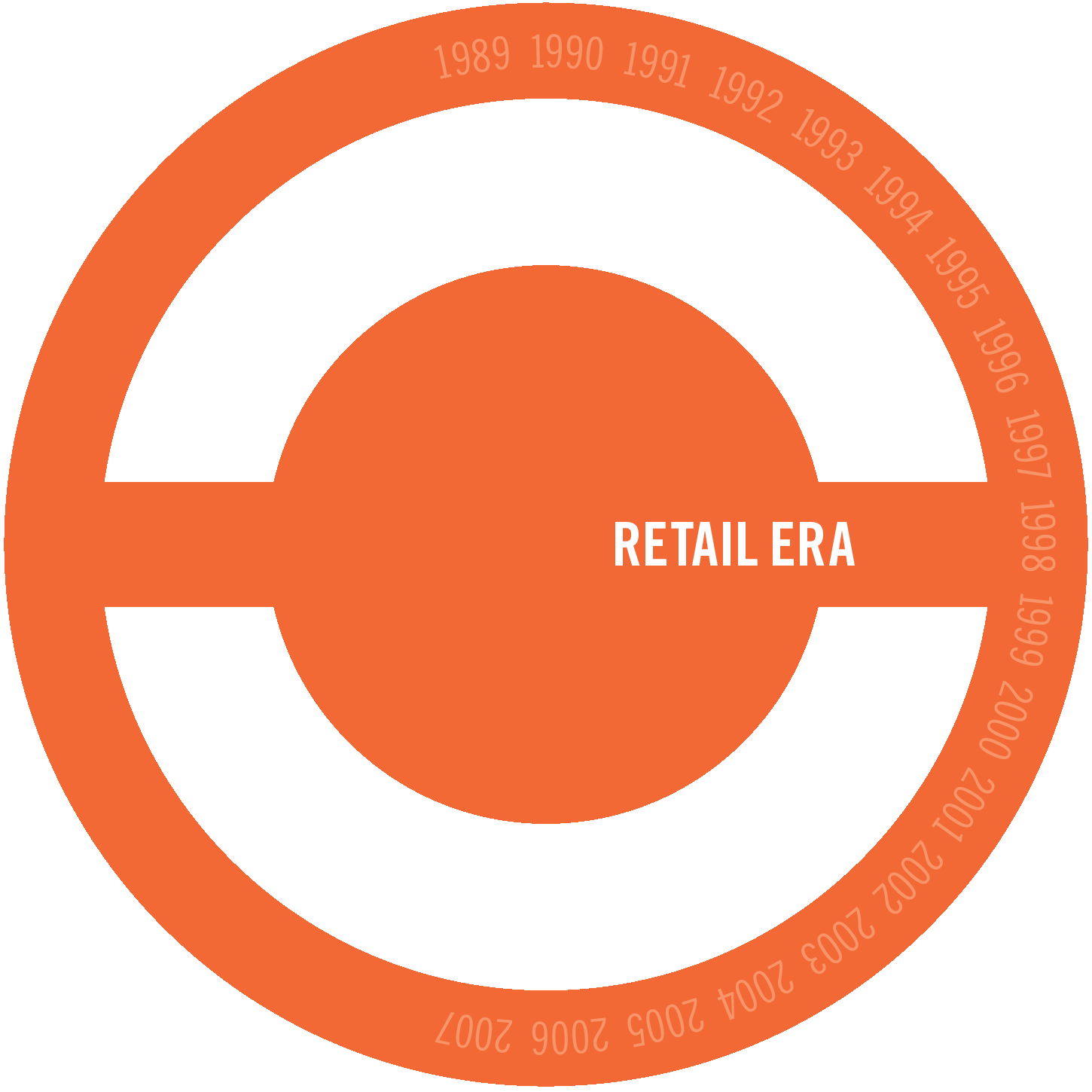Directors and Officers
Stuart B. Burgdoerfer
Executive Vice President and Chief Financial Officer, L Brands, Inc. (retailing) Audit Committee Member, Independent Director
Charles A. Davis
Chief Executive Officer, Stone Point Capital LLC (private equity investing) Investment and Capital Committee Member, Nominating and Governance Committee Member, Independent Director
Roger N. Farah
Co-Chief Executive Officer, Tory Burch, LLC (retailing) Compensation Committee Member, Nominating and Governance Committee Member, Independent Director
Lawton W. Fitt
Retired Partner, Goldman Sachs Group (financial services) Executive Committee Member, Investment and Capital Committee Member, Nominating and Governance Committee Member, Independent Director
Stephen R. Hardis
Lead Independent Director, The Progressive Corporation Executive Committee Member, Investment and Capital Committee Member, Nominating and Governance Committee Member, Independent Director
Jeffrey D. Kelly
Chief Operating Officer and Chief Financial Officer, RenaissanceRe Holdings Ltd. (reinsurance services) Audit Committee Member, Independent Director
Patrick H. Nettles, Ph.D.
Executive Chairman, Ciena Corporation (telecommunications) Audit Committee Member, Independent Director
Glenn M. Renwick
Chairman of the Board, President, and Chief Executive Officer, The Progressive Corporation Executive Committee Member
Bradley T. Sheares, Ph.D.
Former Chief Executive Officer, Reliant Pharmaceuticals, Inc. (pharmaceuticals) Compensation Committee Member, Independent Director
Barbara R. Snyder
President, Case Western Reserve University (higher education) Independent Director
Corporate Officers
Glenn M. Renwick
Chairman of the Board, President, and Chief Executive Officer
Brian C. Domeck
Vice President and Chief Financial Officer
Charles E. Jarrett
Vice President, Secretary, and Chief Legal Officer
Thomas A. King
Vice President and Treasurer
Jeffrey W. Basch
Vice President and Chief Accounting Officer
Mariann Wojtkun Marshall
Assistant Secretary
Other Executive Officers
John A. Barbagallo
Commercial Lines Group President
M. Jeffrey Charney
Chief Marketing Officer
William M. Cody
Chief Investment Officer
Susan Patricia Griffith
President of Customer Operations
Valerie Krasowski
Chief Human Resource Officer
John P. Sauerland
Personal Lines Group President
Michael D. Sieger
Claims Operations Leader
Raymond M. Voelker
Chief Information Officer

































